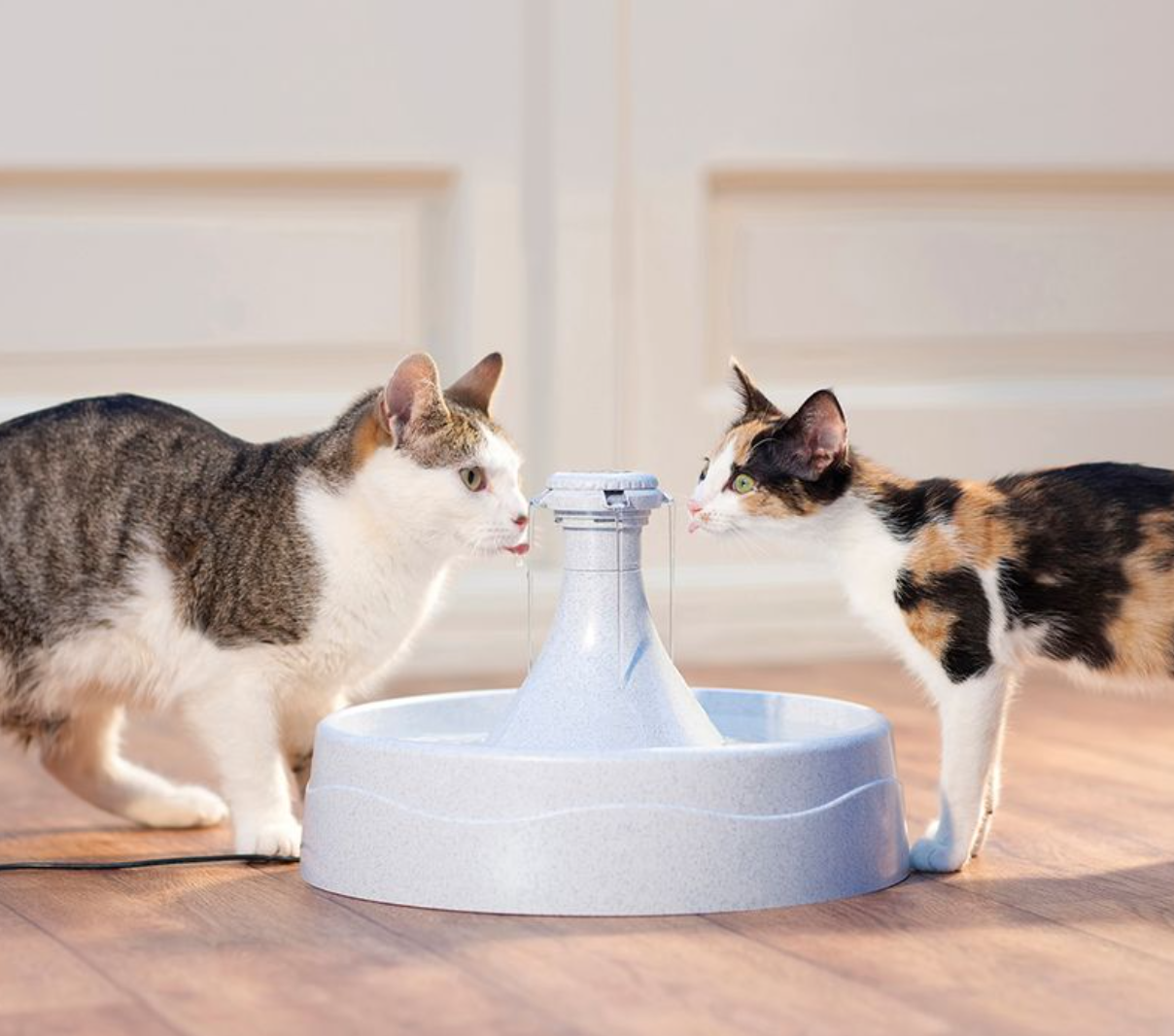The Complexities of a Vegan Diet for Cats
In recent years, vegan and vegetarian diets have gained popularity among humans for various reasons, ranging from health and environmental concerns to ethical considerations. This shift in dietary preferences has also sparked a debate about whether pets, particularly cats, can thrive on a vegan diet. As responsible pet owners, it's crucial to understand the unique nutritional needs of our feline companions before making any significant changes to their diets.
Cats are obligate carnivores, meaning their bodies are naturally designed to digest and utilize nutrients from animal-based sources. This biological imperative highlights the complexity of adopting a vegan diet for cats, as plant-based foods do not naturally provide all the nutrients cats require for optimal health.
Essential Nutrients and Considerations
Cats require a high protein diet, and certain essential nutrients critical to their health are found predominantly in animal products. Amino acids like taurine and arginine are vital for a cat’s health, supporting crucial functions like heart health, vision, and immune system operation. Taurine deficiency, for instance, can lead to severe health issues, including blindness and heart disease. Similarly, arginine is essential for detoxifying ammonia in a cat's body. While it's possible to supplement these amino acids synthetically in vegan cat foods, the overall nutritional balance and bioavailability of such diets can be challenging to achieve.
Vitamin A, vitamin D, and arachidonic acid are other nutrients that cats cannot produce from plant sources. While dogs and humans can convert beta-carotene (found in plants) into vitamin A, cats need pre-formed vitamin A, which is only available through the consumption of animal tissue.
Health Risks and Management
Transitioning a cat to a vegan diet is not without risks. Without careful planning, a vegan diet can lead to nutritional deficiencies and health issues in cats. It's noteworthy that some vegan cat foods have been developed to meet the nutritional profiles cats require; however, the long-term health effects of these diets are still under scrutiny.
One of the main health concerns of a vegan diet for cats is the risk of urinary issues, such as Feline Lower Urinary Tract Disease (FLUTD). This is due in part to the more alkaline nature of plant-based diets, which can disrupt the acid-base balance in a cat's urine, leading to the formation of urinary crystals and blockages. Regular vet consultations and urine pH monitoring are essential for cats on a vegan diet, with immediate adjustments required if issues are detected.
Community Concerns and Insights
The topic of making a cat vegan has sparked active debates and conversations in various online forums, including Quora, where users share their insights and experiences. Many in the community seem to echo the scientific consensus, emphasizing cats' fundamental nature as obligate carnivores.
One user wrote, "Your cat is not a human being... Your cat is a predator. Cats are obligate carnivores, they need to eat meat to survive. A cat's digestive system isn't geared to handle a plant-based diet." Many users also expressed concerns about the irreversible damage a cat can suffer due to nutrient deficiencies. Another user states, "Cats with taurine deficiency develop dilated cardiomyopathy...Cats with a taurine deficiency also end up with severe eye problems and often blindness."
The concern for giving cats a diet that aligns with their biological needs is evident. One user noted, "It takes a long time, but it [a non-meat diet] is inevitable." Still, another cautioned against the high-carbohydrate content of plant-based diets for cats, explaining how they "... deliver calories through carbohydrates which cats SUCK at digesting. They don’t get energy from them like you and I do, they need to get their calories from protein and fat."
Many respondents to the question of making a cat vegan implied the potential harm such a diet can cause and went as far as labeling it as animal cruelty. A user pointed out, "Force-feeding your cat a vegan diet is animal cruelty."
Another interesting solution offered was the choice of pet. If one's moral, ethical, or health concerns conflict with a cat's necessary diet, choosing a naturally vegetarian pet could be the answer. As one user suggested, "Buy yourself a rabbit or a guinea pig, which are naturally vegetarian. Call your pet “Cat”. Now you have a vegan Cat."
In conclusion, the consensus amid these discussions seems to underscore the importance of respecting a cat's natural dietary needs. They stress the potential harm to a cat's health due to the absence of key nutrients only found in a meat-based diet, illustrating the complexity involved in the question, "How do I make my cat vegan?"
Conclusion
While the growing interest in vegan diets for pets is understandable, it’s critical to recognize the natural dietary requirements of cats as obligate carnivores. Any dietary changes, especially those as significant as removing animal-based products from their diet, should be approached with caution. Consulting with a veterinarian or a veterinary nutritionist is crucial to ensure any diet plan meets all of your cat's nutritional needs without compromising their health.
For pet owners considering a vegan diet for their cats, it involves a commitment to understanding these nutritional complexities and the willingness to closely monitor their pet's health and adapt as necessary. Ultimately, the well-being and health of the pet should remain the paramount concern in any dietary choices made on their behalf.

































